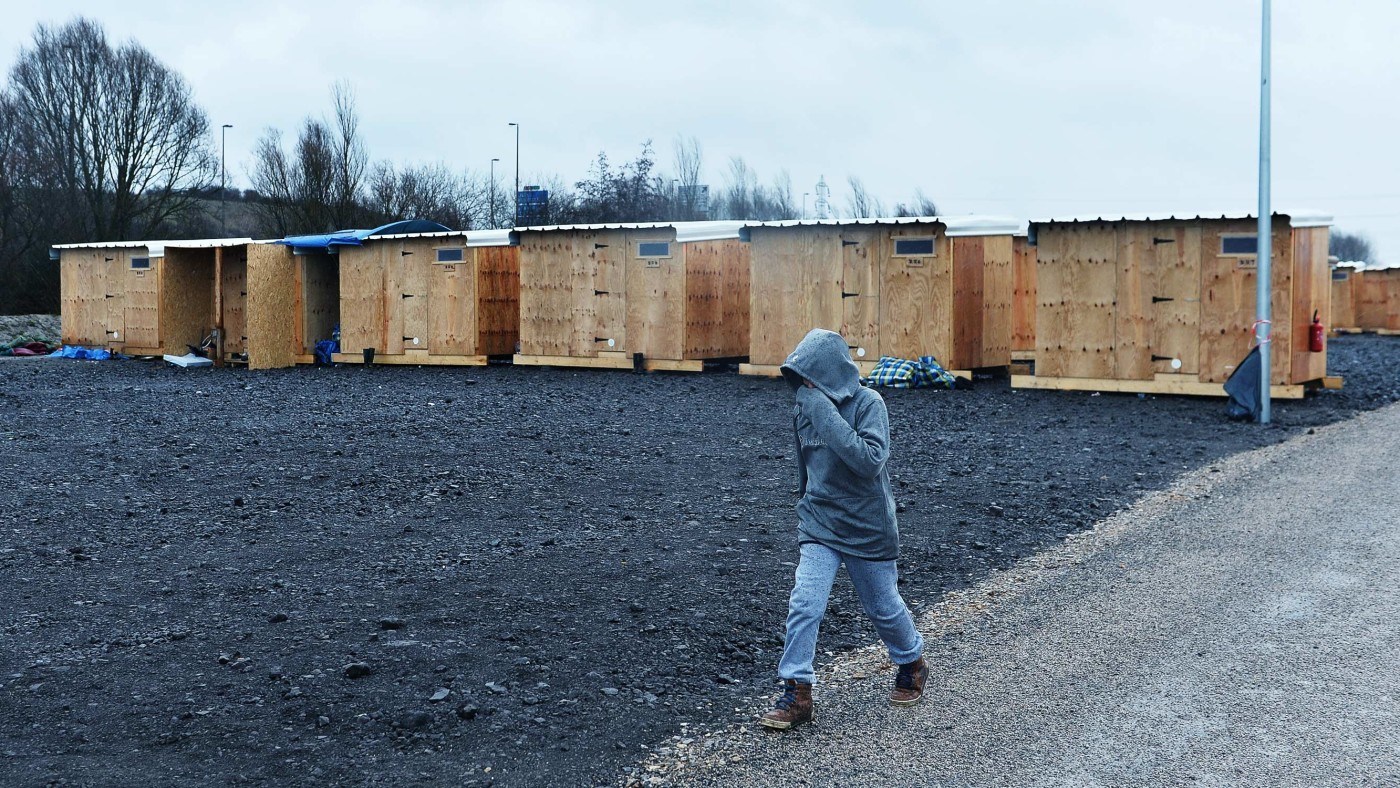During my time in Calais, I have been horrified by the lack of media attention to blatant human rights breaches only 22 miles from Kent. People who have run away from almost certain death in the belief that they will be safe and valued in Europe have instead been met with tear gas and beatings. There has been nothing short of a media blackout on the atrocities suffered by these refugees in Calais.
Although the southern side of the camp was razed two weeks ago, a few obstinate remnants remain as testimony to the people forced, yet again, to leave their homes. Amongst the flattened tents and children’s toys remain 9 remarkable men. These Iranians, 8 of whom were forced to flee their country to avoid persecution for their Christian faith, have chosen to remain behind with their mouths sewn shut. Their hunger strike has now lasted for over three weeks.
What is so remarkable about these men is that they have been offered everything they could want by the French government. Should they agree to call off the strike their families will be brought over and their asylum applications fast tracked. They have refused that offer, rejecting any deal that doesn’t apply to all the Iranian refugees in the camp.
What they are asking for is actually extremely reasonable – they want the government to commit to prioritising reuniting families, they want an asylum application centre in Calais, and reassurance that they won’t be deported back to their point of arrival in Europe.
This display of solidarity is something that should be taken up throughout the camp, and indeed throughout Europe. Tensions in the camp run between the police and the refugees, along racial lines and, of course, more widely between the refugees and the English and the French people who do not want to offer them asylum.
Regarding relations between the police and refugees, the former are a constant and threatening presence around the camp, kitted out with batons and tear gas. They are widely reviled, described by one refugee as ‘the fascists in uniforms’, and widely thought in camp to be responsible for, or at least complicit in, the arson of the legal services centre last Thursday, where refugees were able to learn about their rights and request legal advice.
Walking through camp on Tuesday, I witnessed a fire that had spread through three tents. The police stood around watching, as fire and ambulance services responded apathetically. When a photo journalist tried to take a photo of their inaction, one policeman crept up behind her and swiped at her legs with his baton. He only missed when a refugee pulled her out of the way.
The police, therefore, need to work for the protection and security in the camp, which seems quite clearly to be in everyone’s best interests. If they had the respect of the refugees, I can’t help but feel that conflict could be de-escalated far more efficiently than throwing tear gas indiscriminately.
When it comes to racial tensions, conflict is far more likely now they have been forced to live in a more confined living space. Whilst the official French figures might say that less than a thousand people lived in the southern side of the camp, most people on the ground agree that it was closer to 3-4000. Indeed, one volunteer noted wryly today that the French had boasted in court of relocating 3000 refugees from the southern side of the camp, whilst insisting that only 800 lived there. More must be done to encourage interracial dialogue and co-operation within the camp.
Finally, and perhaps most importantly, is the conflict between the refugees and ourselves. I am confident that should we continue to refuse asylum to refugees and treat them as we have been, it will only come back to haunt us. One volunteer was telling me of a Syrian who had run away from Daesh, hopeful he would be welcomed in the West. Instead, he has learnt that everything Daesh is telling him is true – the West does not want him, we do not care about him and we will not support him in his courageous decision not to join them. By mistreating refugees, we are simply affirming Daesh’s narrative – that it is Muslims versus the West, and we will only have ourselves to blame if this breeds further extremism.
This ‘them and us’ dichotomy needs to end. We should welcome our brothers and let it be known that we will support anyone in dire need. These people are asking for our support in a very dangerous battle. Let us show them our solidarity, as the 9 Iranians have. It is time to decide what we as a nation stand for – and I believe our only option is to stand for common humanity.


